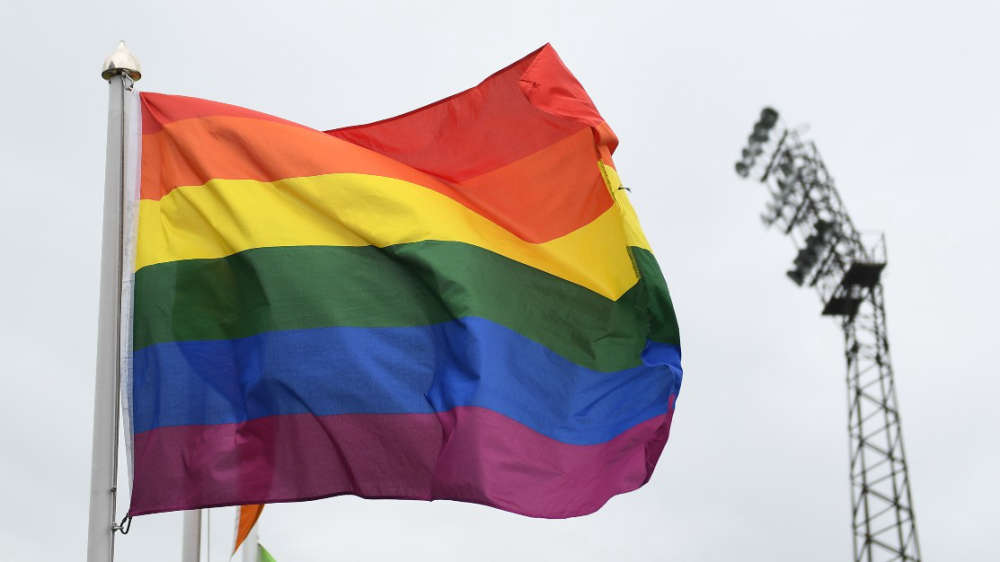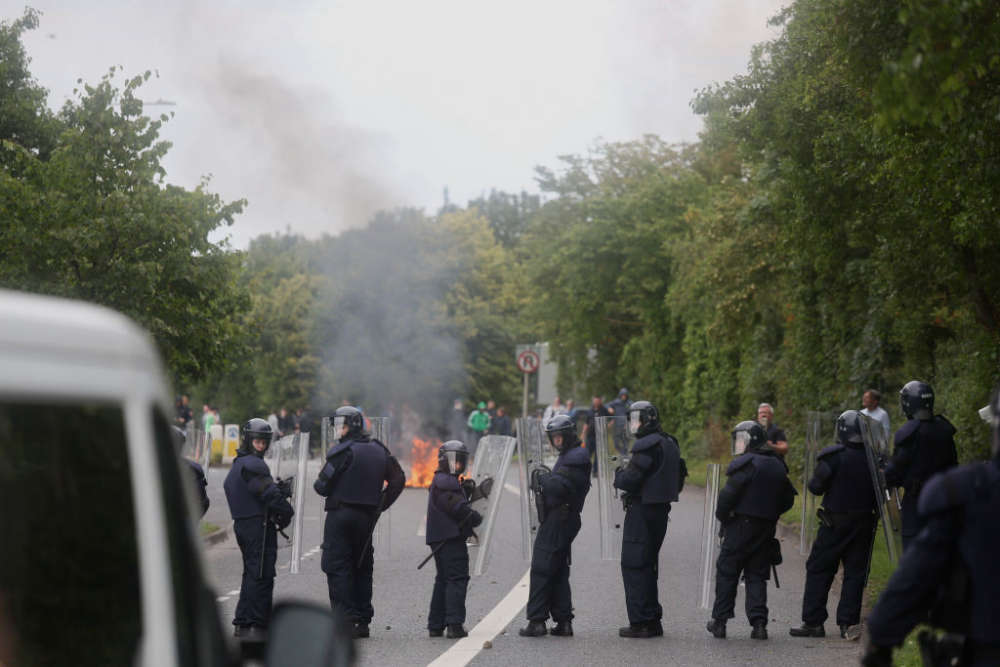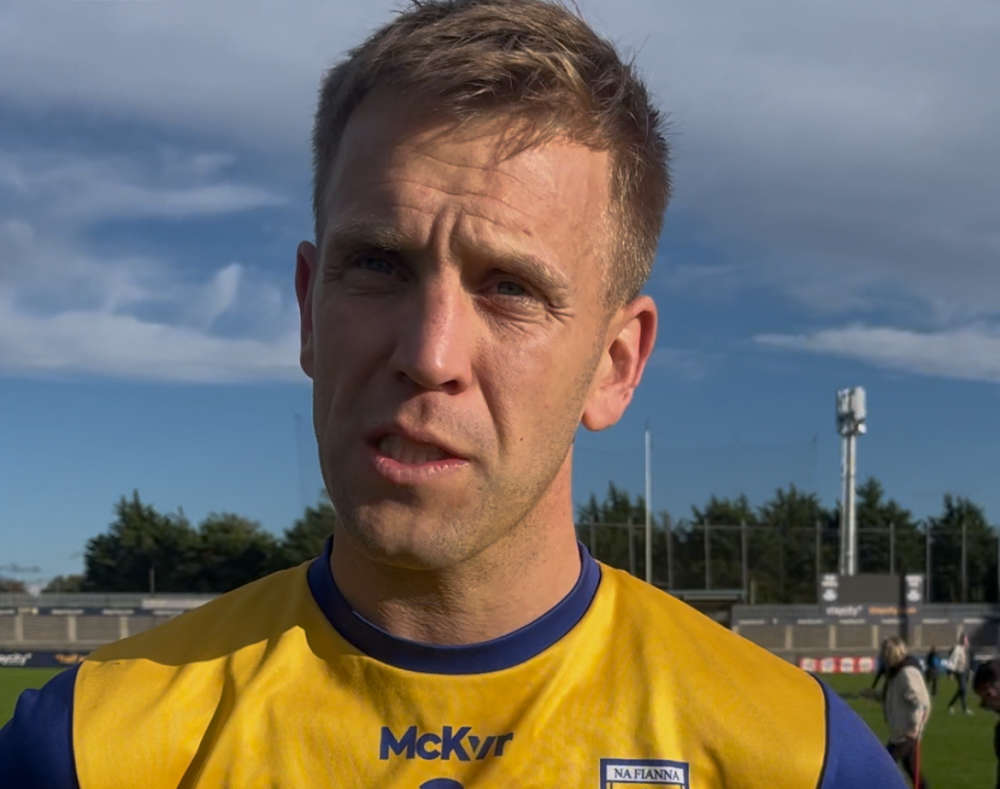
It's the first survey of its kind to be undertaken in Ireland.
A groundbreaking survey is underway to explore LGBTQI+ experiences in football in Ireland.
Led by Trinity College Dublin, and commissioned by Bohemian FC, the survey aims to uncover barriers, discrimination, and opportunities for inclusivity in football across Ireland.
"Despite growing efforts to promote LGBTQI+ equality in Ireland over the past 10-15 years in particular, there's never actually been a dedicated quantitative research study in Ireland that explores LGBTQI plus experiences in football," says Jim McElroy, the Co-Chair of the LGBTQI+ Inclusivity in Irish Football Research Working Group.
"So this study will fill that gap by assessing participation, discrimination and inclusion across all levels of engagement from supporters to professional athletes."
It will be 10 years next month since the people of Ireland voted through the Marriage Equality Act, which made gay marriage legal in this country. Despite this though, McElory still says there's still a way to go for everyone to feel comfortable in themselves when it comes to taking part in football.
"We've had the Marriage Equality Act of 2015, the Gender Recognition Act of 2015. There have been national strategies developed like the LGBTI+ National Youth Strategy 2018-2020 and the National LGBTI Inclusion Strategy 2019-2021. But full inclusion in sports still remains elusive for LGBTQI+ individuals and many still face barriers in football settings.
"I suppose I am surprised at the lack of progress in football, particularly elite men's football or just men's football more generally. I remember growing up as a kid in the 80s and 90s and in the 1990s, around the time Justin Fashanu came out, there was a feeling that perhaps this was even, at that stage, the beginning of a process whereby we would see things changing significantly.
"And of course, that wasn't the case at all, unfortunately. And we had to wait almost three decades until another top level player, Jake Daniels, came out a number of years ago.
"So I think it's clear to many people from their own experience or engagement with football, or even from anecdotal evidence, that in the men's game in particular, there are obviously significant barriers that still exist."
You can find out more about, and take part in the anonymous survey here until the 25th of April: https://tcdhealthsciences.qualtrics.com/jfe/form/SV_cSiBUjjXv16DnQW








